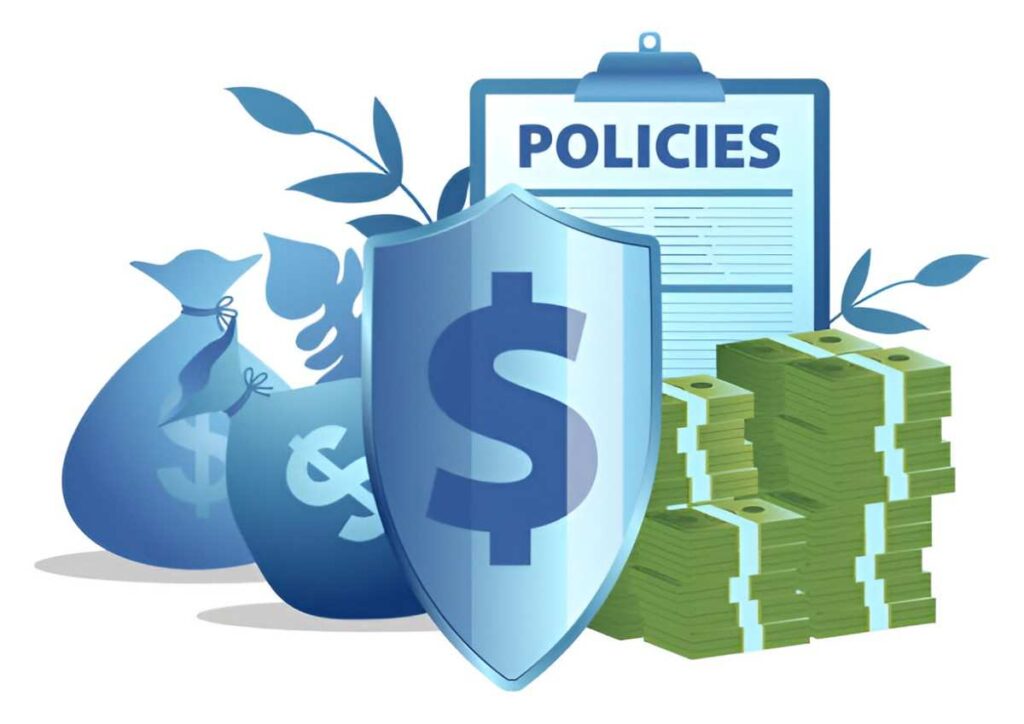As a financial expert, I often get asked about risk management strategies for professionals. One critical tool that comes up repeatedly is Professional Indemnity Insurance (PII). Whether you’re an accountant, consultant, architect, or lawyer, PII safeguards you against claims of negligence, errors, or omissions in your professional services. In this guide, I’ll break down everything you need to know—from how it works to real-world examples and cost considerations.
Table of Contents
What Is Professional Indemnity Insurance?
Professional Indemnity Insurance (PII), also called Errors and Omissions (E&O) Insurance, protects professionals against legal costs and damages if a client alleges financial loss due to your advice or services. Unlike general liability insurance, which covers physical injuries or property damage, PII focuses on financial harm caused by professional mistakes.
Why Do You Need It?
Clients trust professionals to deliver accurate, reliable work. But even the most diligent experts can make errors. A single oversight—say, a miscalculation in a financial report or a missed clause in a contract—could lead to costly lawsuits. Without PII, you might face crippling legal expenses or even bankruptcy.
How Professional Indemnity Insurance Works
PII operates on a claims-made basis, meaning it only covers claims filed while the policy is active. Here’s a simplified breakdown:
- Policy Purchase – You buy a PII policy with a specific coverage limit (e.g., $1 million per claim).
- Claim Filed – A client sues you for alleged negligence.
- Insurer Steps In – The insurance company covers legal defense costs and settlements, up to your policy limit.
Key Policy Components
| Component | Description |
|---|---|
| Coverage Limit | Maximum amount the insurer will pay per claim. |
| Deductible | Amount you pay out-of-pocket before coverage kicks in. |
| Retroactive Date | Only claims arising from work done after this date are covered. |
| Extended Reporting Period (ERP) | Optional add-on to report claims after policy cancellation. |
Who Needs Professional Indemnity Insurance?
While PII is mandatory in some fields (e.g., law, medicine), others opt for it voluntarily. Here’s a quick comparison:
| Profession | Risk Level | Common Claims |
|---|---|---|
| Accountants | High | Tax errors, financial misstatements |
| Architects | High | Design flaws, construction delays |
| Consultants | Medium | Breach of contract, poor advice |
| IT Professionals | Medium | Data breaches, software failures |
Calculating Coverage Needs
Determining the right coverage depends on your risk exposure. A simple formula I use is:
Coverage = (Average Claim Cost \times Risk Factor) + Legal FeesExample:
Suppose you’re a financial advisor with an average claim cost of $200,000 and a risk factor of 2 (due to high liability). Estimated legal fees are $50,000.
In this case, a $500,000 policy would provide sufficient protection.
Common Exclusions in PII
Not all risks are covered. Typical exclusions include:
- Fraud or criminal acts
- Intentional wrongdoing
- Bodily injury/property damage (covered under general liability)
- Prior known claims (before policy inception)
Cost of Professional Indemnity Insurance
Premiums vary based on:
- Profession (higher risk = higher cost)
- Coverage limits
- Claims history
- Business size
Average Annual Premiums (US):
| Profession | Annual Premium (Est.) |
|---|---|
| Accountants | $1,500 – $5,000 |
| Engineers | $2,000 – $7,000 |
| Consultants | $800 – $3,000 |
Real-World Case Study
A small accounting firm failed to detect a client’s payroll tax discrepancy, leading to a $300,000 IRS penalty. The client sued for negligence. Fortunately, the firm had a $500,000 PII policy, which covered legal fees and the settlement, saving them from financial ruin.
Choosing the Right Provider
When selecting an insurer, consider:
- Financial strength ratings (A.M. Best, Moody’s)
- Claims handling reputation
- Policy flexibility (tail coverage, retroactive dates)
Final Thoughts
Professional Indemnity Insurance isn’t just a safety net—it’s a necessity in today’s litigious environment. By understanding your risks, calculating appropriate coverage, and choosing a reliable provider, you can protect your career and financial stability. If you’re still unsure, consult an insurance broker who specializes in professional liability.





